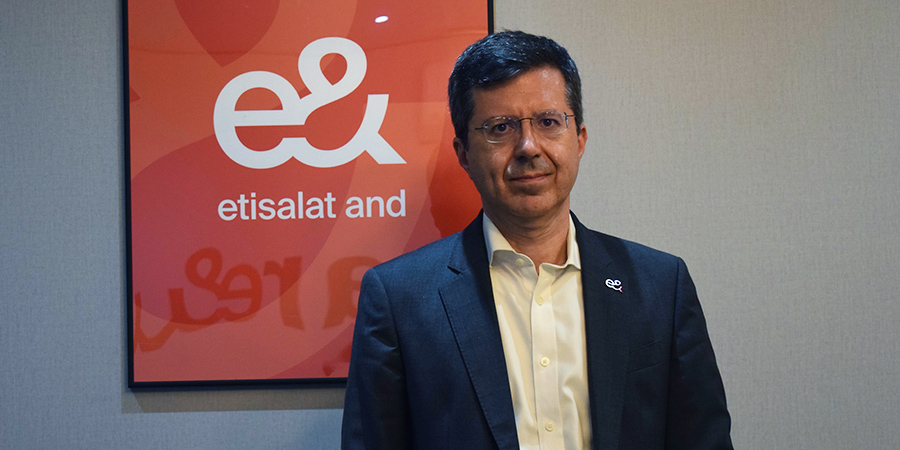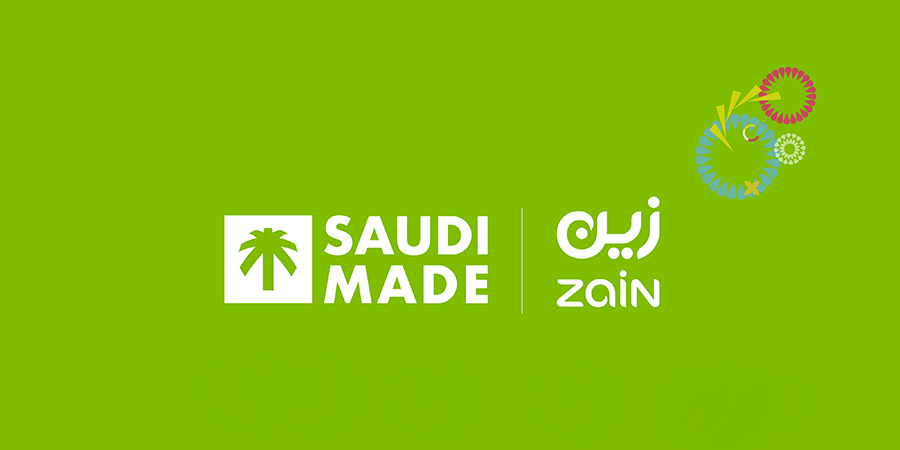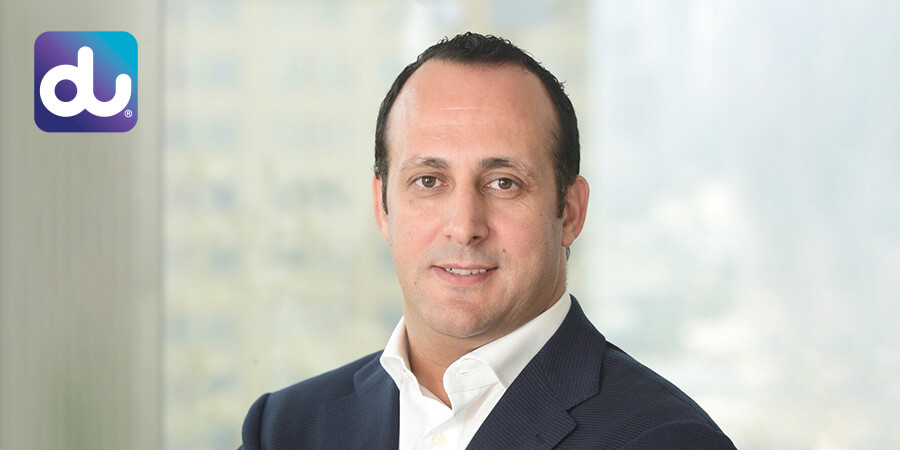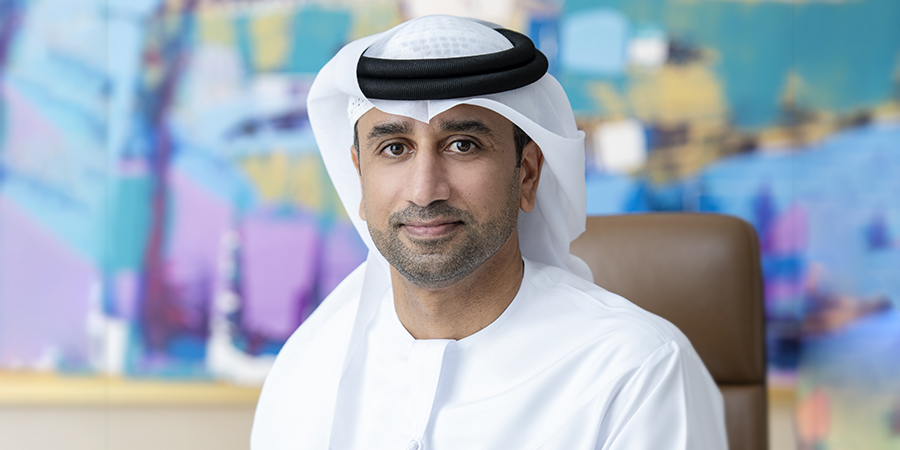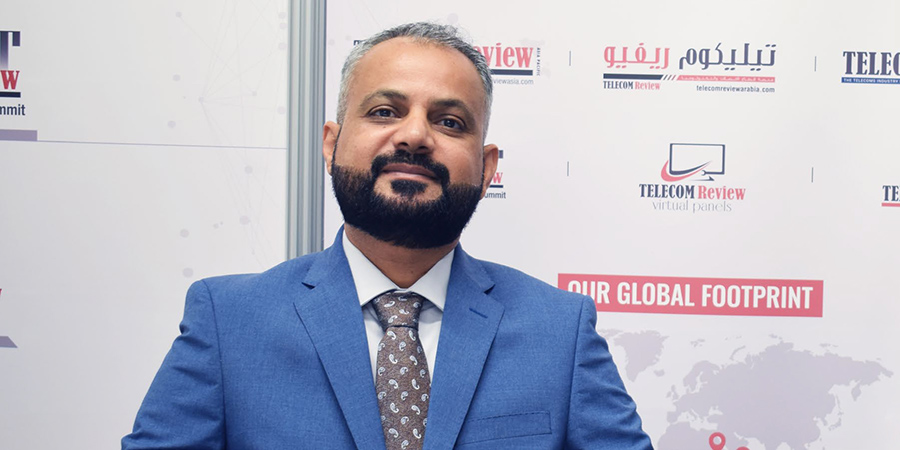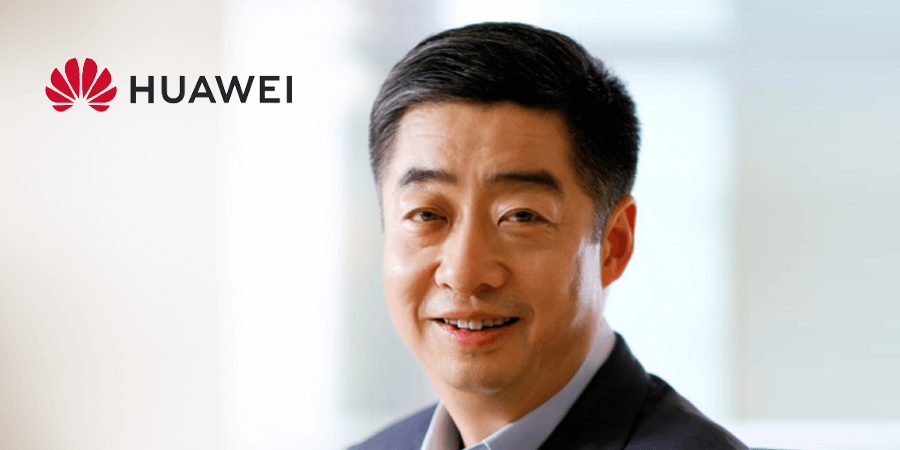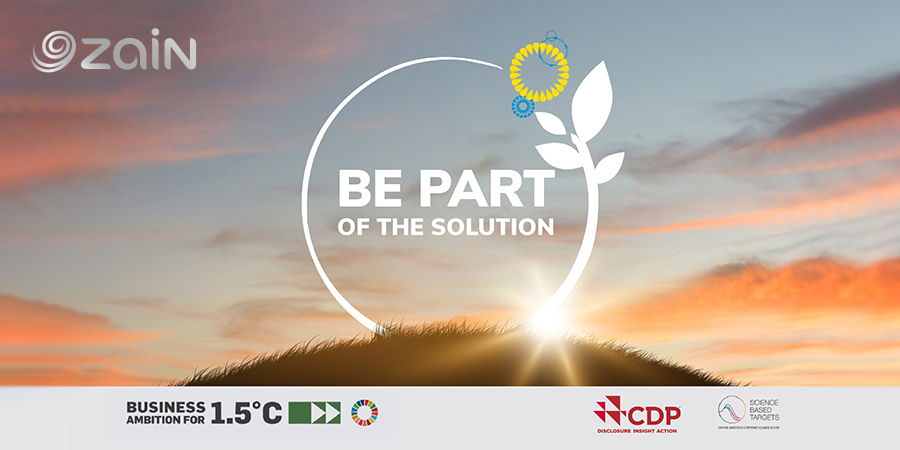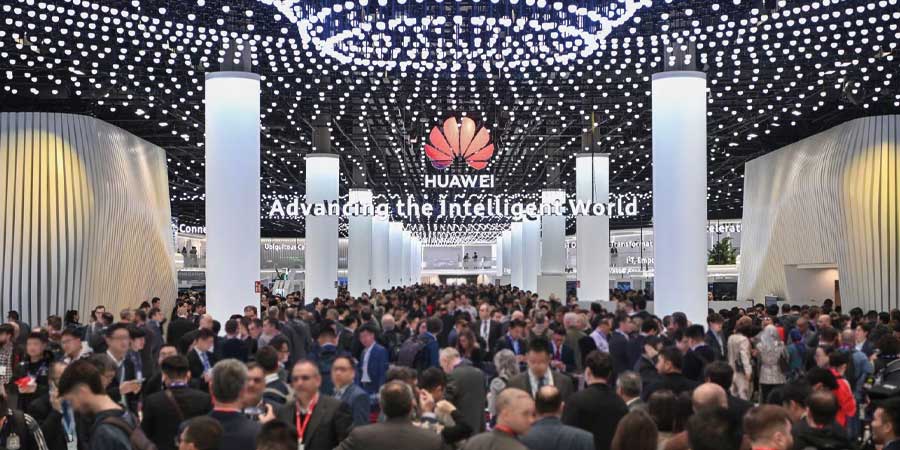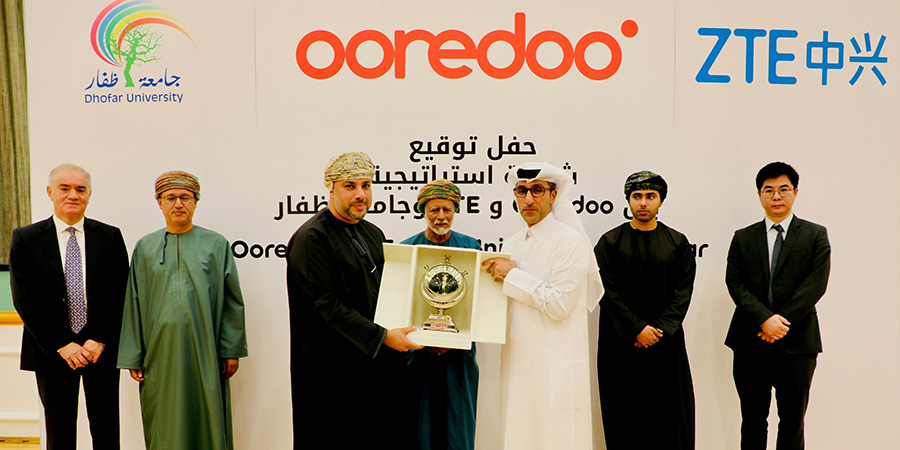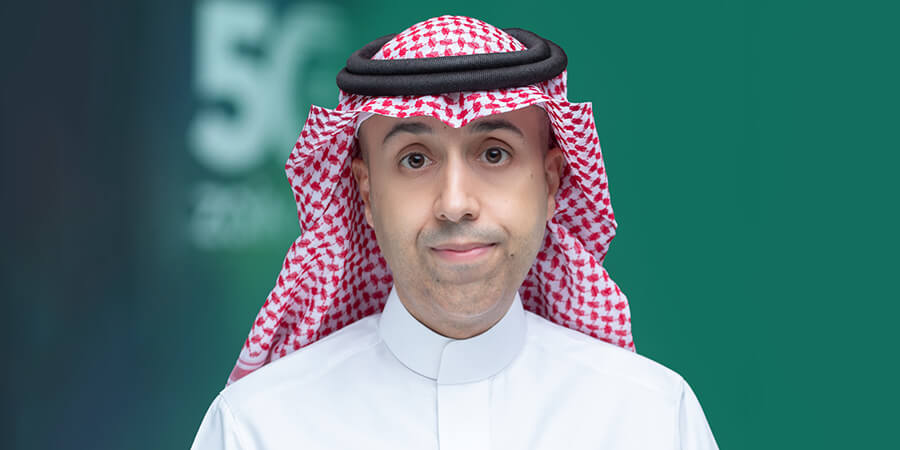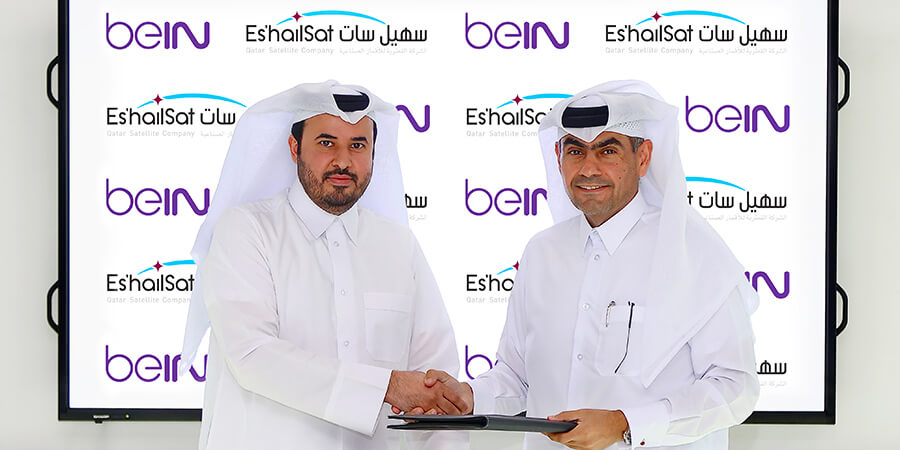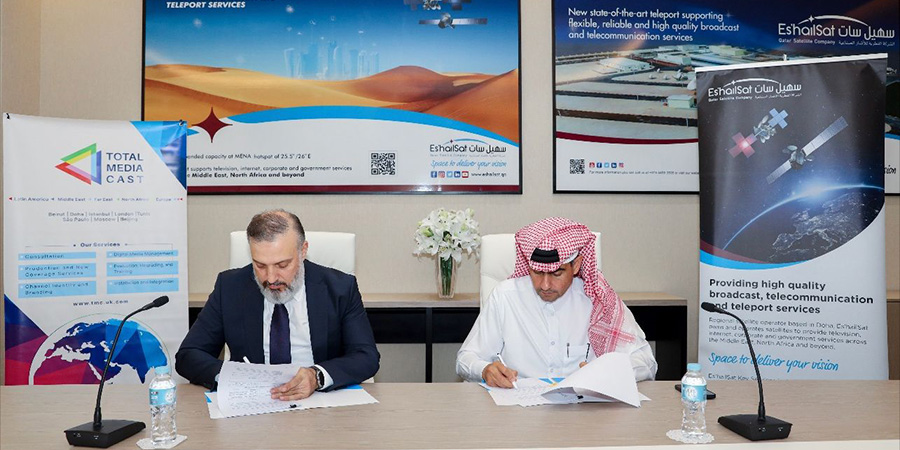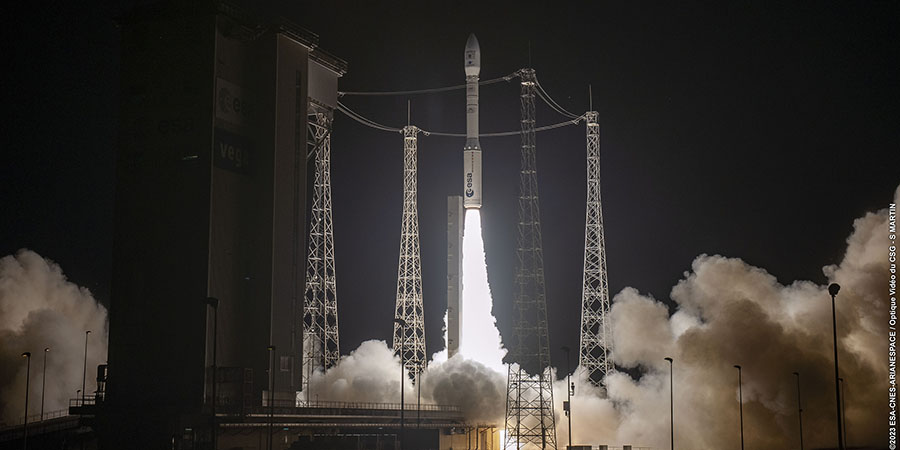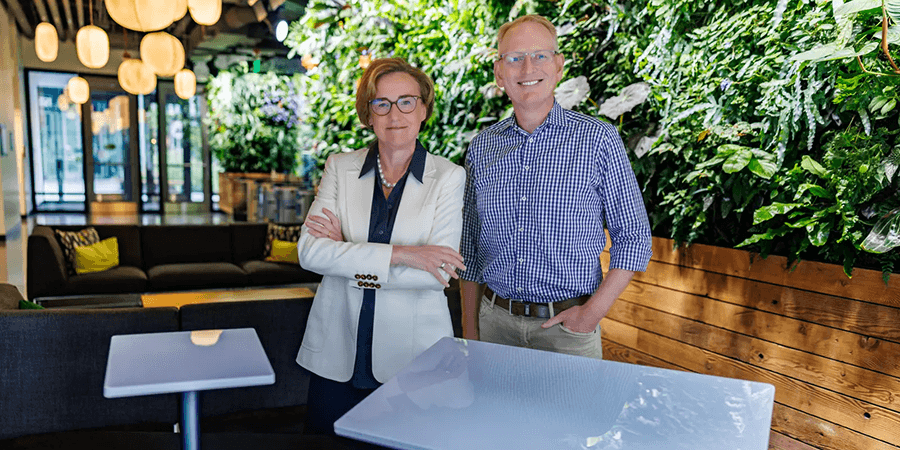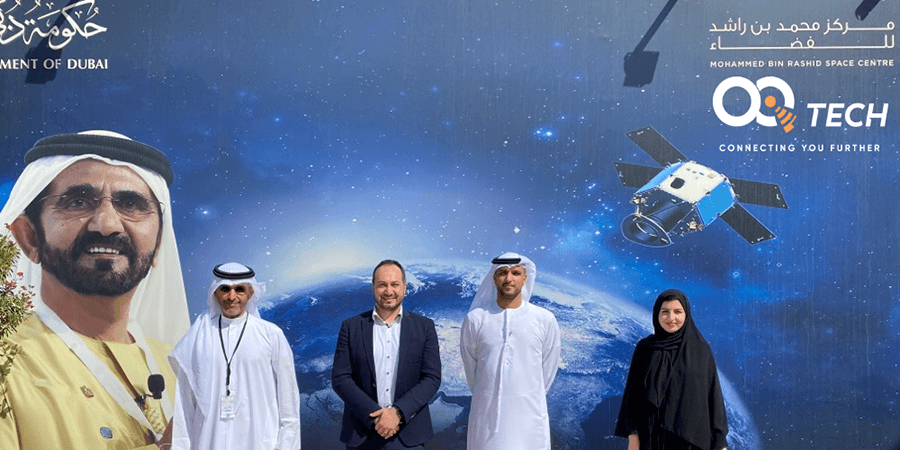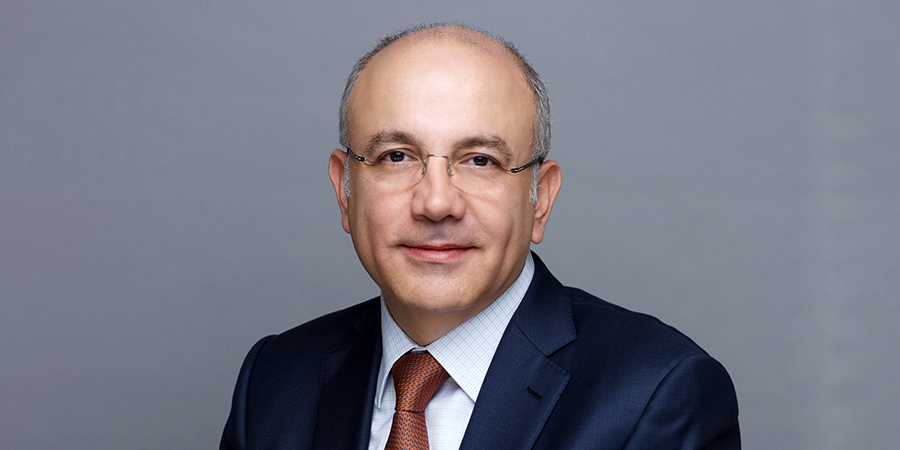Qatar's Ooredoo Group posted its Q2 financial results for 2017 showing a 12 percent fall in net profit to 513 million riyals (US$137) million from 583 million riyals the previous year. The results fell below SICO Bahrain and EFG Hermes forecasts of 642.81 million riyals and 529.3 million riyals, respectively.
Ooredoo's domestic market of Qatar remains its strongpoint, similar to Etisalat's strength in the UAE. The operator's overseas operations throughout the Middle East, Africa and Asia didn't perform as well due to foreign exchange losses and low earnings from Iraq (Asiacell).
Ooredoo'S Q2 revenue increased to 8.22 billion riyals from 8.03 billion, taking fist-half sales to 16.26 billion riyals, up 2 percent from 2016. The company's net profit fell 25 percent to 1.1 billion riyals. However, domestic results improved for Ooredoo in Qatar, where its half-year earnings before interest, taxes, depreciation and amortization (EBITDA) increased 4 percent to 2 billion riyals.
Parts of Iraq have been under control of militant group Islamic State, resulting in Ooredoo's subsidiary reporting EBITDA of 972 million riyals in the six months to June 30, down 3 percent from 2016, contributing to overall losses.
Ooredoo Kuwait - of which a majority is owned by Ooredoo Group, with operations in Algeria, Tunisia, the Maldives and the Palestinian Territories - has already reported a 14.29 percent increase in Q2 profit, according to Reuters.





